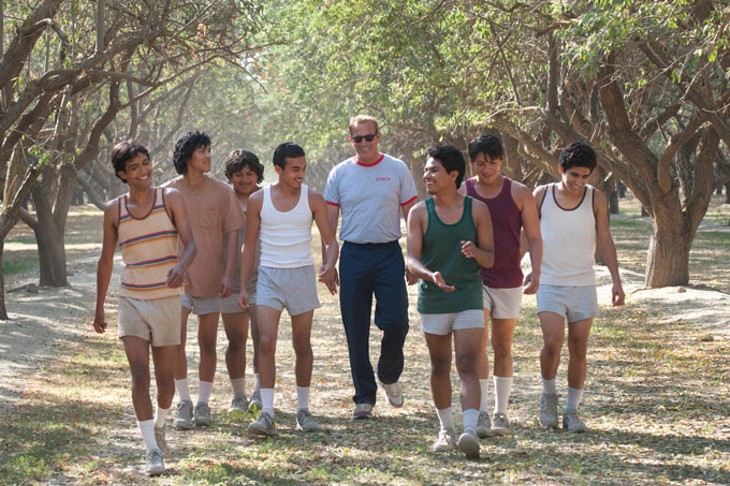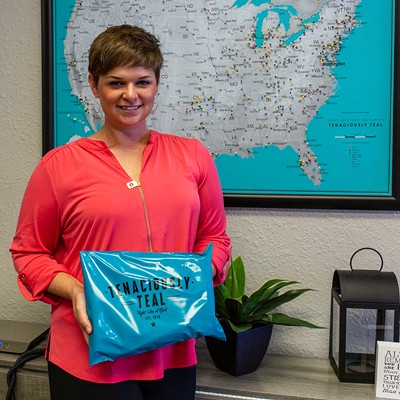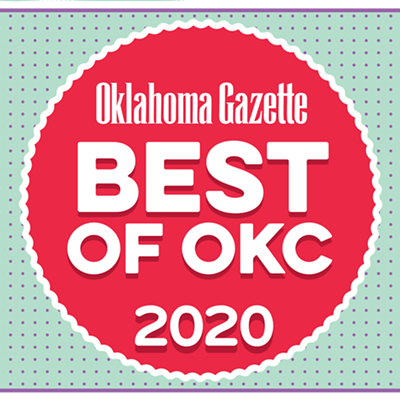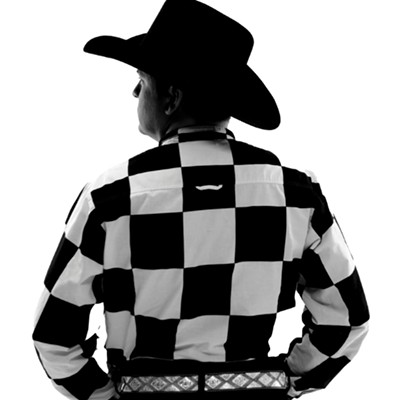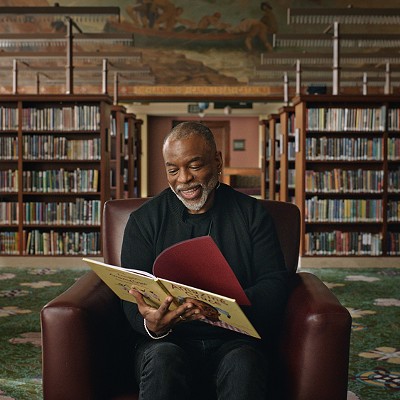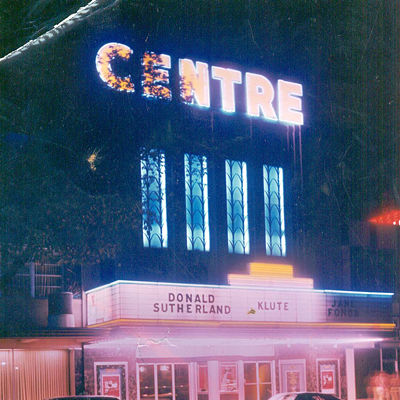Despite appearing to be a generic, feel-good underdog kennel, Niko Caro’s McFarland, USA pleasantly surprises as it traverses mounds of cultural plight, urban decay and social ostracization without coming off as terribly overbearing.
Settling its narrative within the eponymous Californian community, the film adapts the true story of McFarland High School’s cross-country team and their journey to the 1987 state championship.
McFarland doesn’t emerge through the ringer unscathed; contrived dialogue and a periodically sporadic pace stifle the piece from reaching its full potential.
However, the discrepancies prove minor in the shadow of a powerful theme and a rewarding moment of triumph propelled by a cast that, similar to The Good Lie of last year, emanates a feeling of authenticity.
Ejected from an athletics program for unchecked aggression, Jim White (Kevin Costner) is forced to relocate from Idaho with his wife Cheryl (Maria Bello) and two daughters, Jamie (Elsie Fisher) and Julie (Morgan Saylor). Ultimately, Jim assumes a position at McFarland High School, an institution nestled deeply within one of California’s most rural and prominently Latino towns. In time, Jim cultivates a successful cross-country group out of a conclave of disgruntled and marginalized teens.
The tale introduced later, however, is more compelling. Thomas (Carlos Pratts), a youth caught between a deteriorating home life and an onslaught of intense manual labor, is encouraged by Jim to rejuvenate a failing athletics program with the introduction of a new sport: cross-country track.
Initially reluctant, Thomas agrees but endures a struggle with an abusive father and negative presumption of his own worth.
Each facet of Mexican-American culture examined is done so with an appreciative lens. Though certain scenes condense serious ideals to a point of borderline censorship, knowledge, understanding and emotional warmth are garnered from this piece.
Exceptional performances shine through, injecting further life into a film that, at first glance, seemed posed to be lost in a sea of films like Gridiron Gang and The Longshots.
The fear is quickly relinquished as Pratts, Johnny Ortiz and Ramiro Rodriguez present their budding chops. Each of the young actors provides a unique and robust flair, keeping Costner equally sharp with his Midwestern quips and disenfranchised demeanor.
Evolving cinematography, courtesy of Terry Stacey, adequately compliments McFarland. Serving, of course, as a bit of a temporal shortcut between hourlong races, intimate shots eventually move toward larger scenic expanses.
It’s not uncommon to see the majority of the Californian horizon captured in a single shot, as if to reiterate the importance and impact of the team’s triumph. On the contrary, one particular race (as well as the team’s multiple practices) emphasizes the outer fencing of a local penitentiary, perhaps as a reminder of an all-too-common plight the young adults of the titular town often suffer.
McFarland is far from perfect. However, much like Caro’s Whale Rider of 2002, the film finds itself in an engaging cultural examination, a reminder of the nation’s vast composition.
After the obligatory Disney sap dries, a notable piece of cinema remains. Despite a few blemishes, McFarland, USA is undeniably beautiful.
Print headline: Medal-worthy, Dominoes of genericism slowly fall, revealing a Rube Goldberg of a work with genuine heart.

